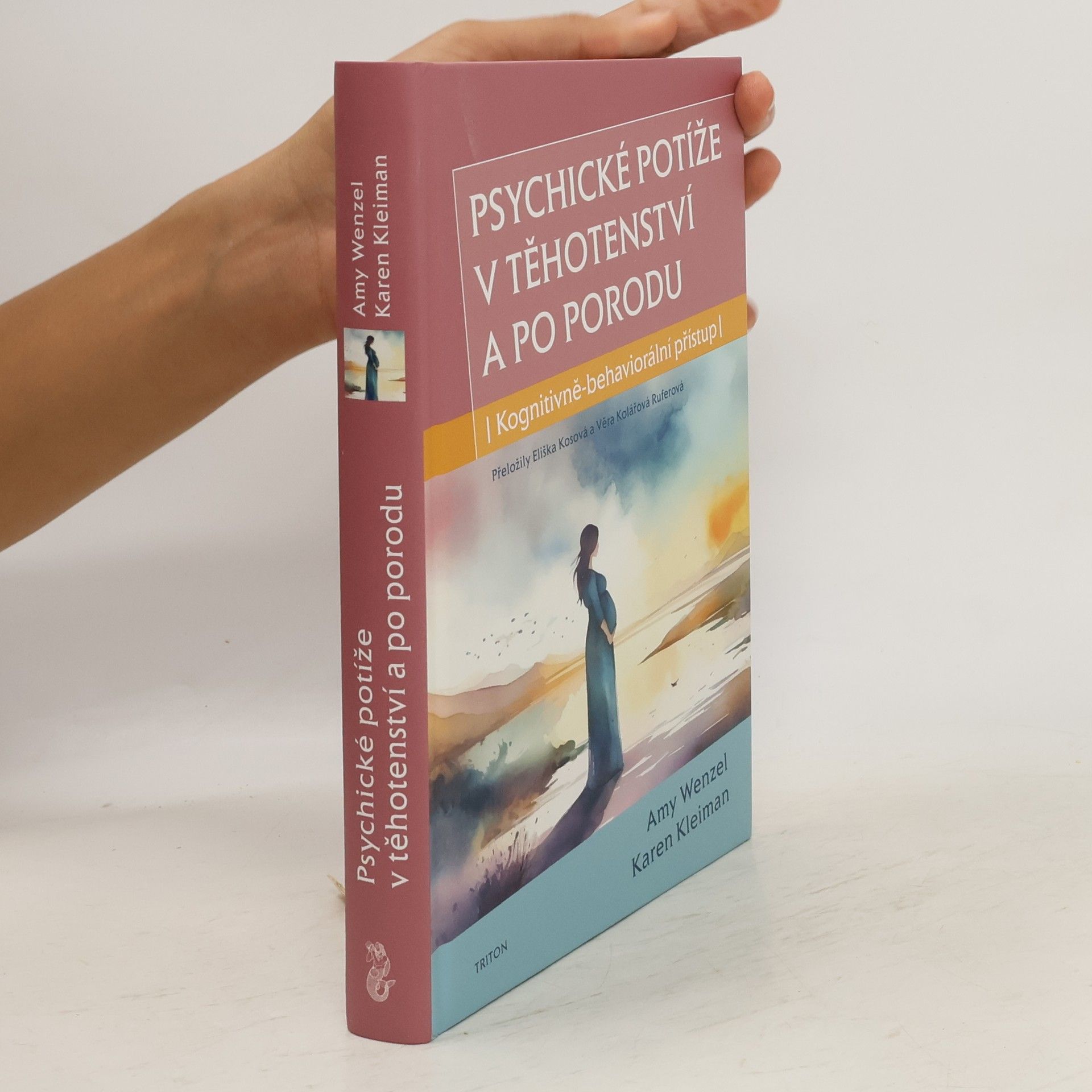Těhotenství a poporodní období obvykle považujeme za období štěstí a radosti, jen málokdy si jej spojujeme s psychickými potížemi, jako jsou deprese a úzkosti, s nimiž se však ženy v těchto životních fázích mnohdy potýkají. Amy Wenzel a Karen Kleiman, odbornice na perinatální psychologii,představují jeden z možných účinných a flexibilních přístupů při psychoterapeutické práci s touto skupinou žen, kognitivně-behaviorální terapii (KBT). Text poskytuje srozumitelné a užitečné informace, které mohou lékařům i psychoterapeutům pomoci úspěšně začlenit strukturu a postupy KBT do podpůrného přístupu při práci s klientkami před porodem a po něm. Rovněž boří mýty o této psychoterapeutické metodě, jež bývá mnohdy mylně označována za rigidní či povrchní.
Karen R. Kleiman Volgorde van de boeken (chronologisch)
Karen Kleiman is een internationaal erkend expert die zich toelegt op het begrijpen en aanpakken van postnatale depressie en angst. Decennialang heeft haar werk de complexiteit van perinatale stemmings- en angststoornissen belicht, waarbij ze individuen en koppels ondersteuning en inzicht biedt. Ze is een toonaangevende stem in de geestelijke gezondheidszorg, gericht op genezing en herstel tijdens de cruciale periode van het vroege ouderschap, en draagt zo significant bij aan de bewustwording en behandeling.
